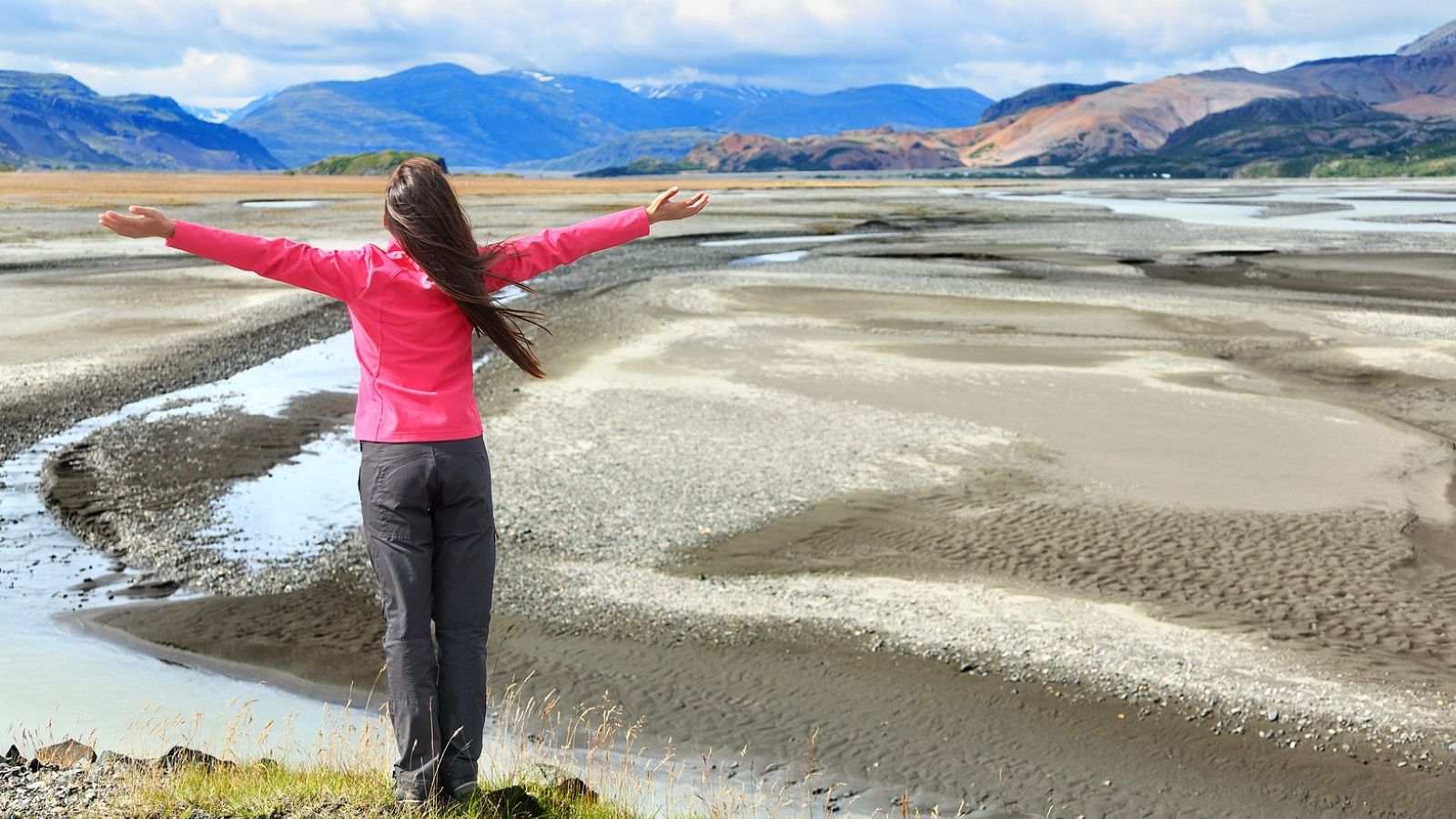Is English Spoken In Iceland?
Wondering how easy communication will be when you visit Iceland? Let’s dive into speaking English in Iceland and how common it is.
Does Everyone Speak English in Iceland?
Many of Iceland’s tourists come from English-speaking countries, like the USA, Canada, the UK, Australia, and New Zealand. As a result, many of these tourists wonder if they will be able to easily communicate in English with Icelandic locals. So does everyone speak English in Iceland? The simple answer is yes!
While not everyone in Iceland speaks fluent English, you’ll find that when walking around Reykjavík, it’s a familiar sound. The majority of Icelandic citizens speak English as their main way of communicating, and those who aren’t fluent still typically have a firm grasp of the English language – certainly enough to communicate with visitors and answer questions you have about directions.
What language do they speak in Iceland?
Icelandic has been spoken here since the first settlers arrived in boats on the island. If you’re planning a trip here and you are concerned about being able to communicate with the locals, you need not worry. Particularly in the service and tourism industry (servers, tour guides, taxi drivers, etc), Icelanders speak English incredibly well.
This means you won’t have to worry when you’re trying to tell your taxi driver where you want to go or when you’re trying to order in restaurants or cafes. As a rule, Icelanders speak English very well. Some Icelanders may not be very confident in their ability to speak English, but they are usually happy to try to help.

The Icelandic Language
The official language of Iceland is Icelandic. It is actually a fascinating language and has changed very little since Iceland was settled in the 9th century AD. Due to Iceland’s isolated location, the Icelandic language is classed as an Insular language. This means that it has not been influenced much by other languages throughout history, making Icelandic “purer” in comparison to other European countries. In fact, Icelandic has changed so little that most Icelanders can read ancient texts like the Sagas or the histories of Iceland’s early settlers.
Icelanders are very good at learning different languages in general, and many locals speak many other languages, not just Icelandic and English!
Speaking Icelandic
Foreigners admire the Icelandic language; however, almost everyone who tries to speak it can agree that it is difficult to learn, particularly when pronouncing Icelandic names and places. When in Iceland, whilst not essential, it is always good cultural practice to try speaking the native language, even if you do get it wrong. Here are some common Icelandic phrases that you can try using during your time in the land of ice and fire.
|
English |
Icelandic |
Pronounciation |
|
Hello |
Halló / Hæ |
hi / hah-low |
|
Thank you! |
Takk / Takk fyrir / Þakka þér |
tah-k / tah-k fih-r-ih-r / thah-kah th-yeh-r |
|
Yes |
Já |
y-ow |
|
No |
Nei |
ney |
|
Excuse me |
Afsakið / Fyrirgefðu |
af-sah-kith / fih-r-ih-r-gef-thu |
|
I don’t speak Icelandic |
Ég tala ekki íslensku |
yeg ta-la ek-ki ees-len-skoo |
Discover 10 Common Phrases in Icelandic You Should Learn Before You Visit.

How Many People Speak English in Iceland?
Iceland currently has a population of 376,248 people, of whom around 98% speak English. This means that 368,723 of the Icelandic population can speak English!
This figure is very high in comparison to some other countries across Europe. Here are just a couple of the reasons why so many Icelanders can speak English.
- TV & Film - Due to the mass of TV & film recorded in English, many Icelanders will watch popular shows and movies in English. Alongside this, many TV channels available on satellite are echoed in English, making Icelanders naturally learn it as a second language.
- Education - Iceland is well-known for offering a high level of education. At many schools across the country, Icelanders are taught fluent English from a young age. Being a global language, learning English at school will help Icelanders communicate with tourists who visit the country.
- Origin - Icelandic and English are both Germanic languages, meaning that if you go back far enough, these languages share the same roots. This can make it much easier for Icelanders to quickly learn English because, in many ways, there are a lot of similarities between the two languages – even though it may not always sound like it!
While the languages may have similar roots, the pronunciation of the alphabet of each language is actually very different. This is why it is so difficult for native English speakers to learn Icelandic as a second language.
What Other Languages Do They Speak In Iceland?
Icelanders are very good at learning different languages in general, and many locals speak many other languages – not just Icelandic and English! Here are some of the other languages that are spoken in the country:
- Polish (2.7%)
- Lithuanian (0.4%)
- German (0.3%)
- Danish (0.3%)
- Portugese (0.3%)
- Filipino (0.2%)
- Thai (0.1%)
English in Iceland FAQs
Are Road Signs in Iceland in English?
While most signs around the country are in Icelandic, key instructions and warnings will be in English. You’ll find “stop” signs around the capital and main tourist routes in English.
Is English an Official Language in Iceland?
No, English is not an official language in Iceland, meaning that officially, it is not an English-speaking nation. However, English is still widely spoken and understood.
Is Icelandic Easy to Learn for English Speakers?
Icelandic is a famously difficult language to learn for English speakers. The irregular characters, complex grammar, and archaic vocabulary all mean that picking up the language is notoriously difficult. It is estimated that fluency would require 1100 hours of study.
If you are planning an unforgettable trip to Iceland, you will want a car to get you around comfortably. Take a look at our selection of rental cars, from 4x4s to minibuses!